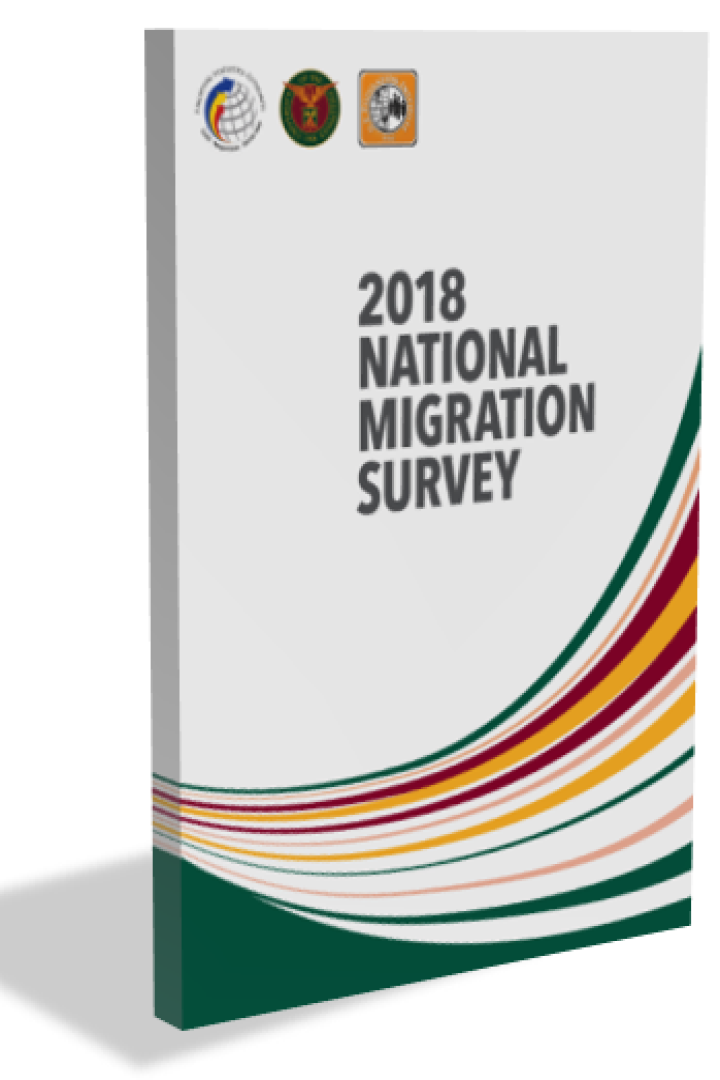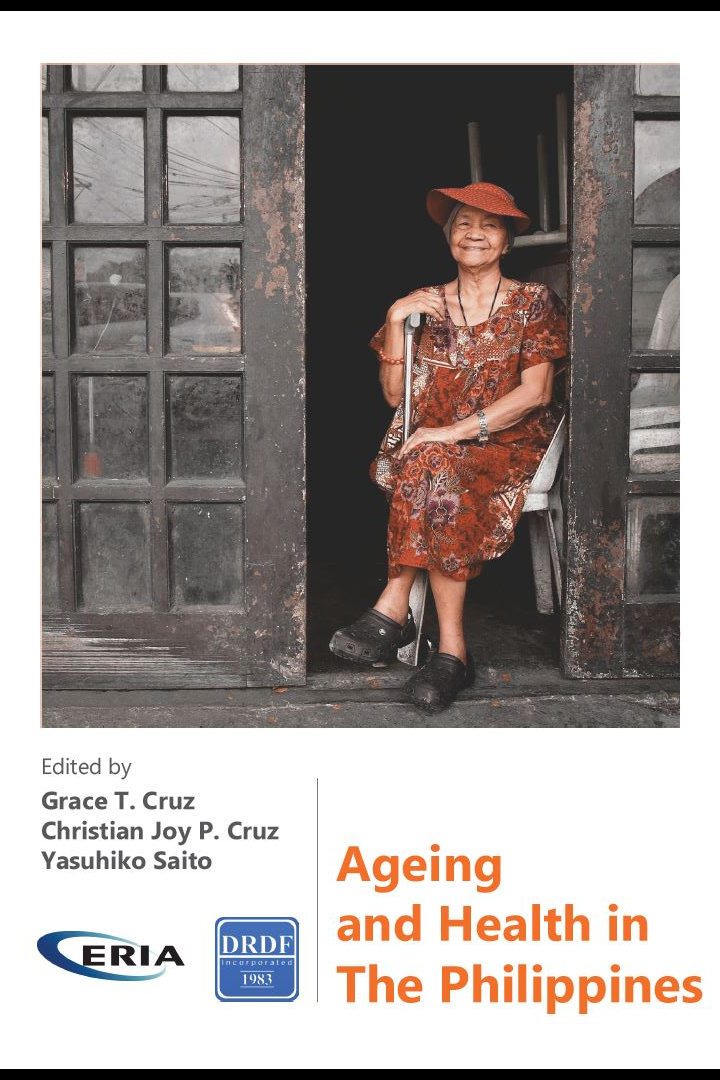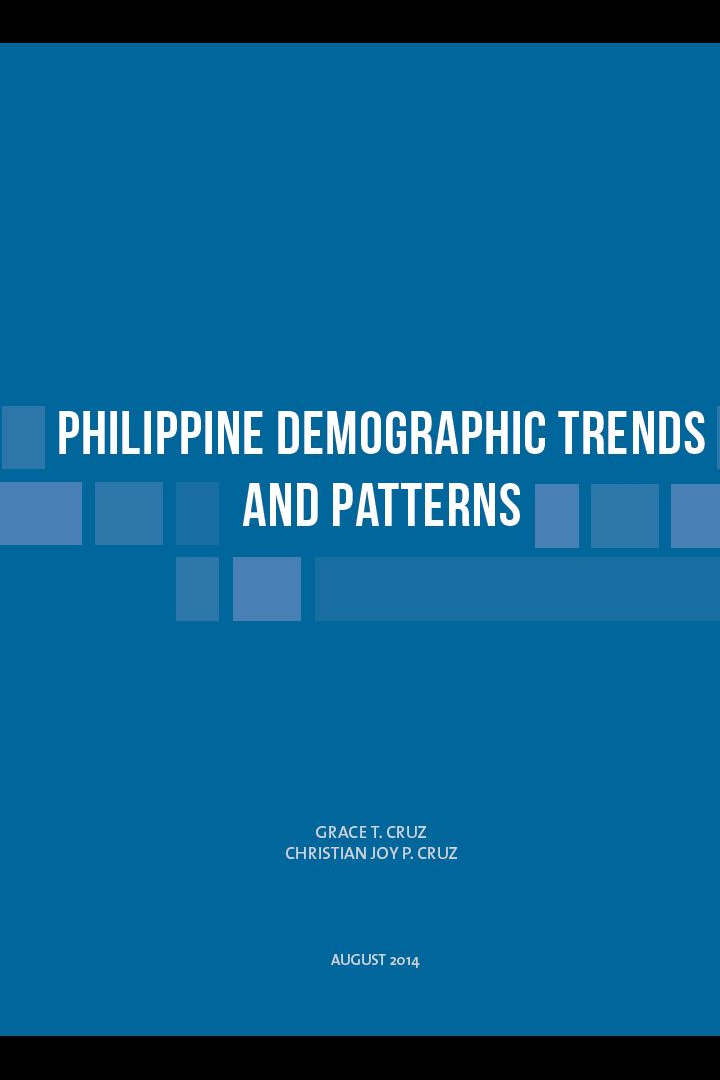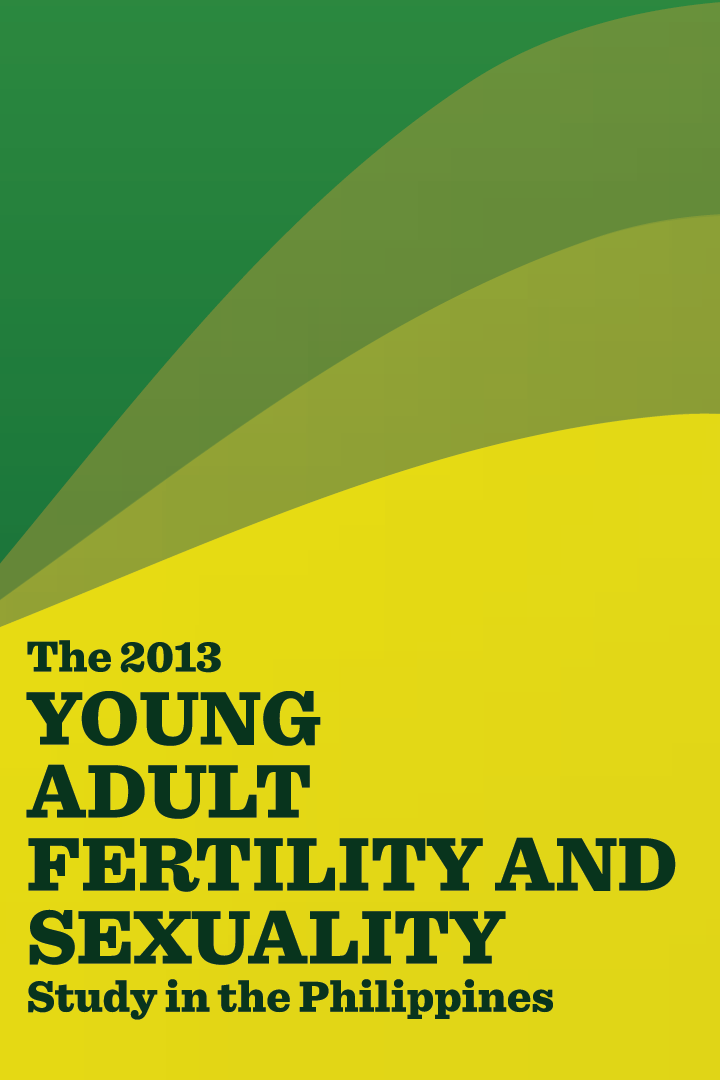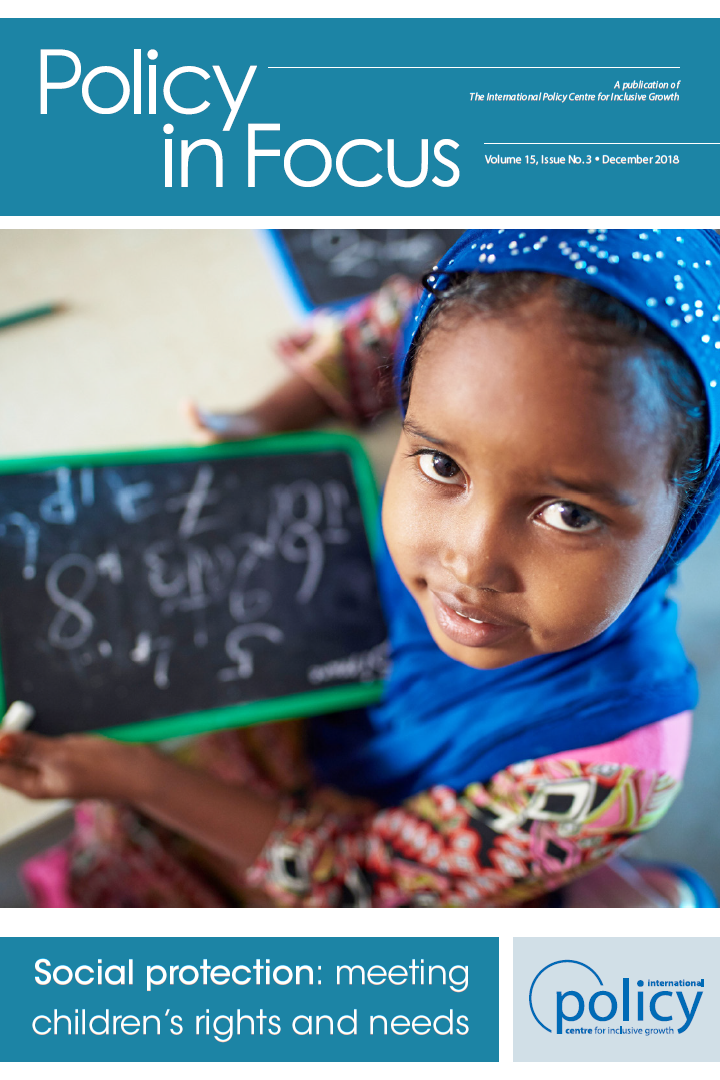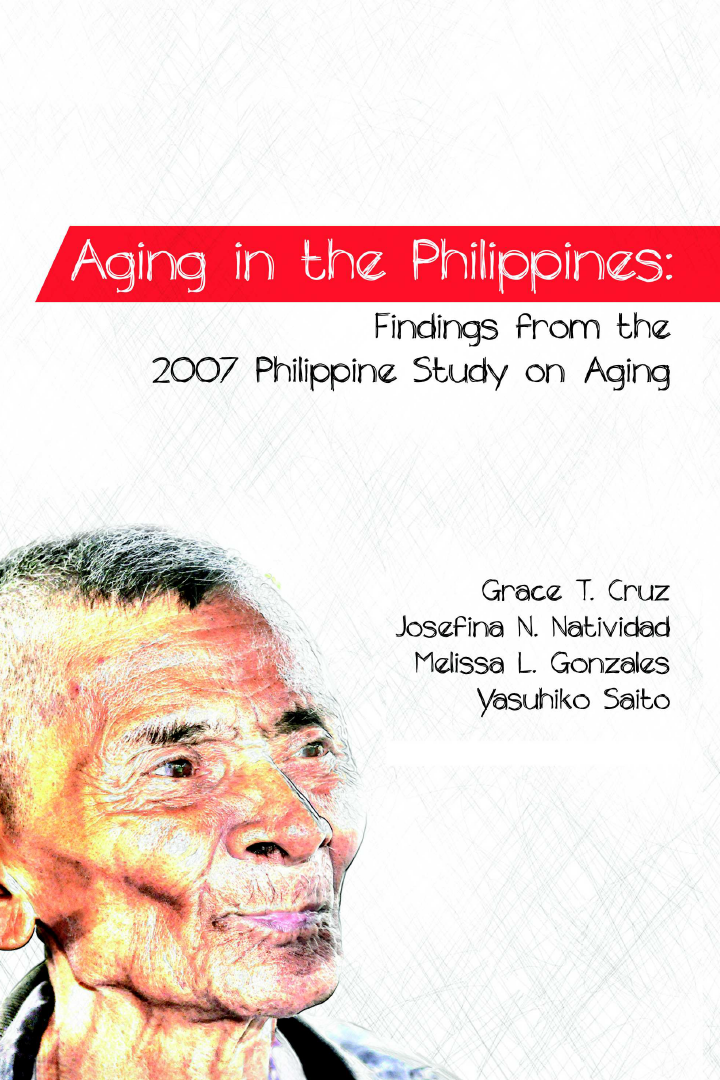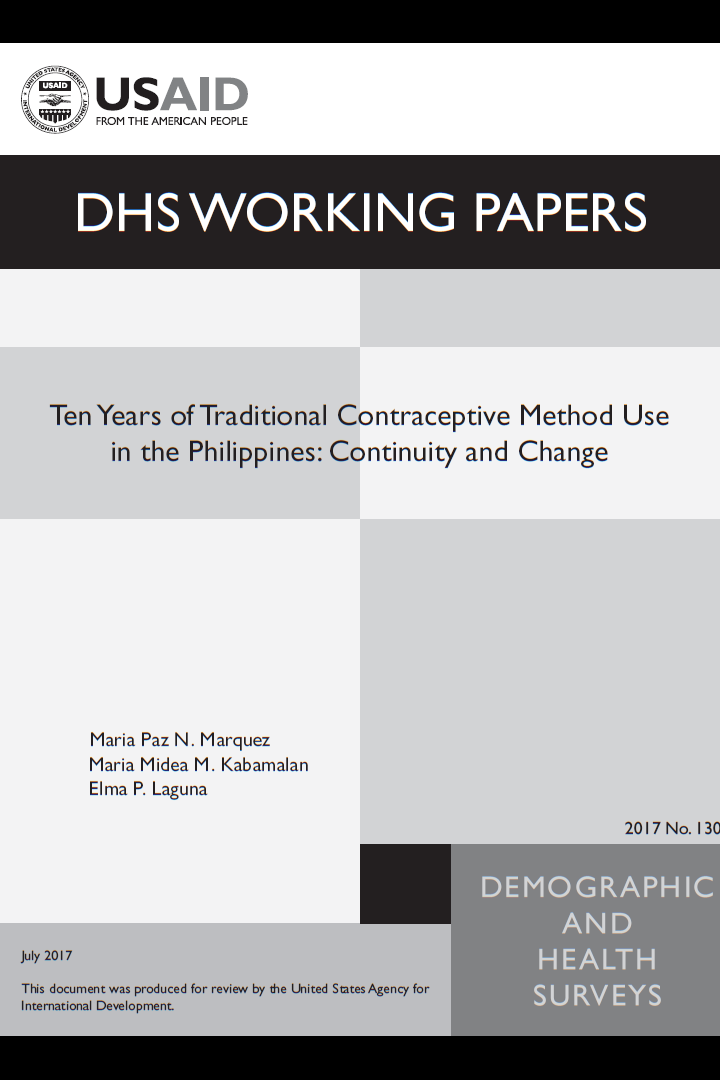Publications
This research is conducted to quantify the potential impact of the pandemic on key SRH indicators with the aim of providing evidence base for decision makers towards more focused response strategies to the COVID‐19 pandemic. Specifically, the research aims to estimate the potential changes on key family planning, maternal health, and gender‐based violence indicators brought about by the COVID‐19‐related community quarantines implemented nationwide. National‐level estimates are presented but regional estimates are also shown when data allows.
The Philippine Statistics Authority (PSA) has released the Final Report of the 2018 National Migration Survey, the first national survey on migration in the country. The 2018 NMS was a collaborative project with the University of the Philippines through the UP Population Institute (UPPI) of the College of Social Sciences and Philosophy. The survey provides baseline data on the mobility of the Philippine population as specified in the Philippine Statistical Development Program for 2011-2017.
The Longitudinal Study on Ageing and Health in the Philippines (LSAHP) is the first multi-actor longitudinal study on ageing in the Philippines with information coming from older Filipinos, their caregivers, and adult children. The 2018 baseline data provides comprehensive information on the health, economic status, and overall well-being of a nationally representative sample of older Filipinos aged 60 and older. These data will be a valuable resource for the crafting of evidence-based policies and programmes for this sector of the population. LSAHP is designed to (1) investigate the health status and well-being, as well as their correlates, of Filipinos aged 60 years and over; and (2) assess the determinants of health status and transitions in health status and overall well-being. The study is part of a comparative study of the Philippines and Viet Nam. LSAHP is funded by the Economic Research Institute for ASEAN and East Asia and implemented by the Demographic Research and Development Foundation, Inc.
This paper provides an assessment of the population situation in the country for the period 1970-2010 and population projections for the period 2011-2045. It provides a situationer of the demographic state and processes in the Philippines, which can serve as a basis for planning safe and sustainable human settlements in country. Given the strong inter-linkages between population and development factors, the paper will highlight the possible development implications of the population trends particularly with respect to its education and health requirements.
Recommended Citation: Cruz, G.T. and Cruz, C.J.P. (2014, August). Demographic Trends and Patterns: The Philippine Case. A Report submitted to the Development Academy of the Philippines for the project “Formulation of a Framework for a Sustainable Physical Development for the Philippines.”
The Young Adult Fertility and Sexuality (YAFS) Study is a series of national surveys on the Filipino youth, conducted since 1982 by the University of the Philippines Population Institute (UPPI) and the Demographic Research and Development Foundation (DRDF). Gathering data from Filipino youth aged 15 to 24, YAFS is one of the primary sources of information on sexual and non-sexual risk behaviors and its determinants in the Philippines, at the national and regional levels.
Dr. Josefina N. Natividad has recently published an article on the Philippine government’s Modified Conditional Cash Transfer (MCCT)-in Geographically Isolated and Disadvantaged Areas (GIDA) program in the December 2018 issue of Policy in Focus.
The book, Aging in the Philippines: Findings from the 2007 Philippine Study on Aging, is an output of the 2007 Philippine Study on Aging (PSOA) project of the University of the Philippines Population Institute in collaboration with the Nihon University Population Research Institute of Japan.
A recent study on Filipino women who use contraceptives showed that in the past 10 years, one in every three women relied more on traditional contraceptive methods rhythm and withdrawal than modern methods.
Share

